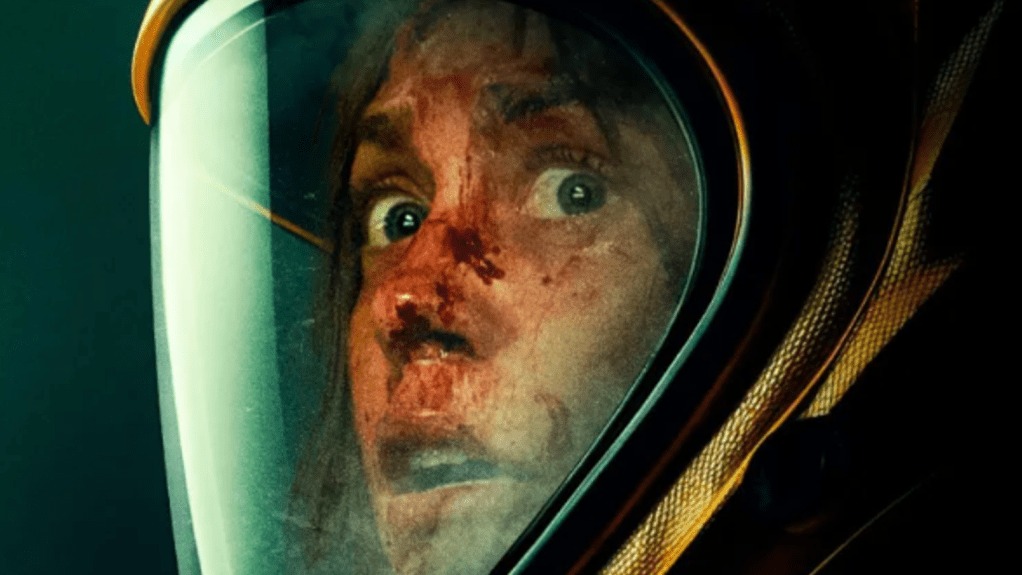New Life
by Rachel Willis
From the first moments of director John Rosman’s film, New Life, you know you’re in for a tense thriller.
The film opens with the sounds of a woman in distress. Soon, the woman (Hayley Erin) is revealed, covered in blood and trying walk to quickly but nonchalantly down a quiet neighborhood street.
After this opening leaves you wondering just what is going on, the film slows down, giving our main character, Jessica, (and us) time to catch her breath. New characters are introduced, including a fixer named Elsa (Sonya Walger). Her task is to hunt down Jessica.
The reasons for Jessica’s bloody entrance, and the race to find her, are unveiled slowly. Flashbacks are worked into the film at perfect moments, revealing just enough to keep us intrigued until more is revealed.
As the focus of the film shifts between Jessica and Elsa, we learn a little more about each character, and Rosman effectively fosters sympathy for both. Not an easy feat when one is a hired gun, and the other is a walking time bomb. Erin brings a sweet naivety to Jessica; Walger’s Elsa is more pragmatic.
The film’s only poor moment is filled with too much exposition. What starts as a tense conversation with just enough information to answer a few questions, devolves into something more tedious. Rosman would have done better to show more of this information through additional flashbacks, but it is a small misstep in an otherwise finely crafted film.
There is also a certain cynicism to the film, whether intentional or not, that emphasizes mean world syndrome. Those who show kindness to Jessica suffer for that choice, and one wonders if this intentional. Are we really to believe that kindness is a liability?
Perhaps we are. As New Life heads toward its climax, our focus shifts away from Jessica and toward Elsa. Our pragmatist understands things in a way Jessica does not, and it’s an interesting dynamic that leads us through this world. For a first feature, Rosman has brought to the table a film that preys on some of our most innate fears, those that might be especially raw considering recent global events. Add in some truly disturbing and bloody practical effects, and we’re given a thriller that is effectively terrifying.



